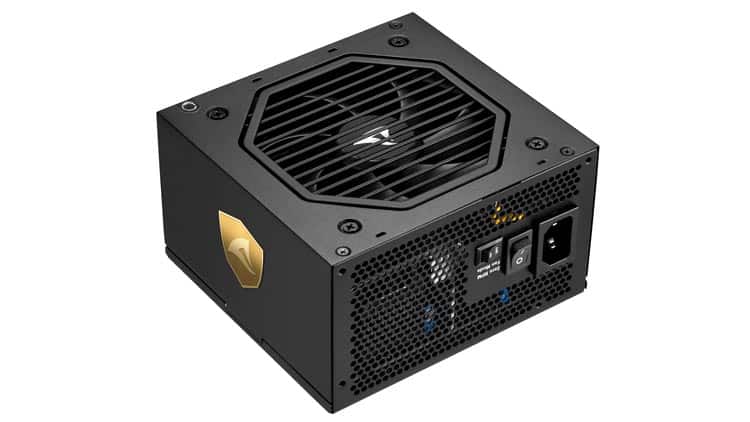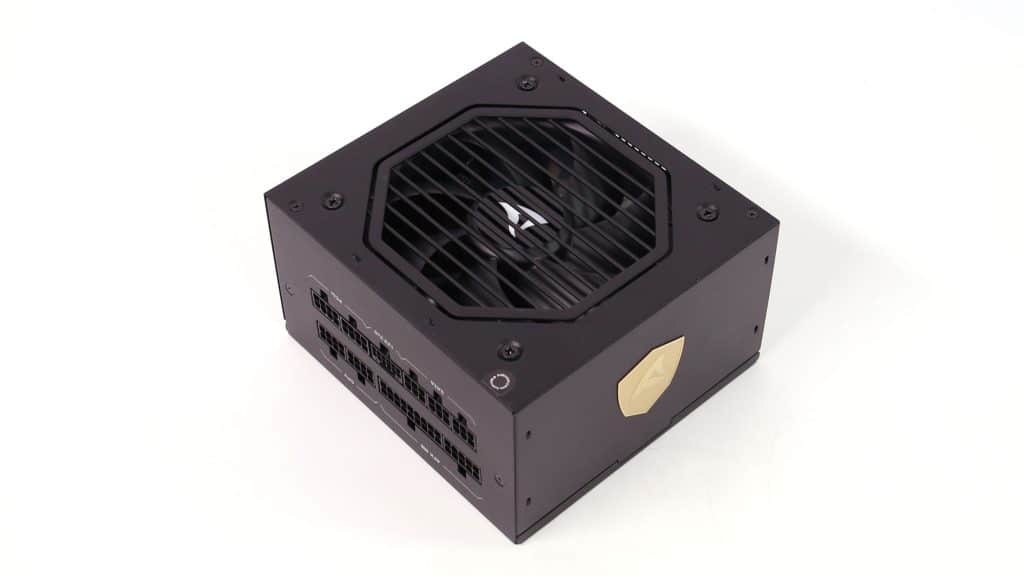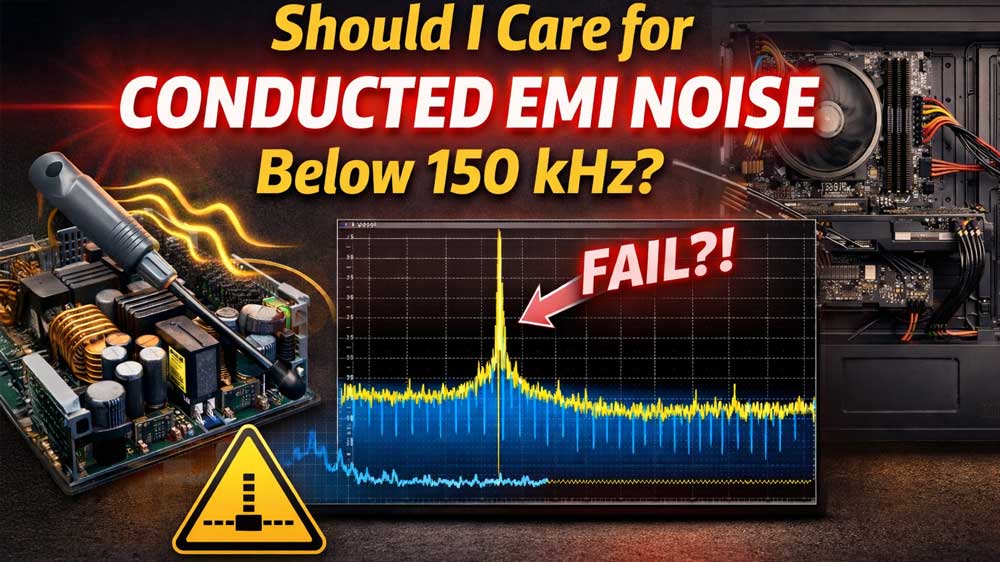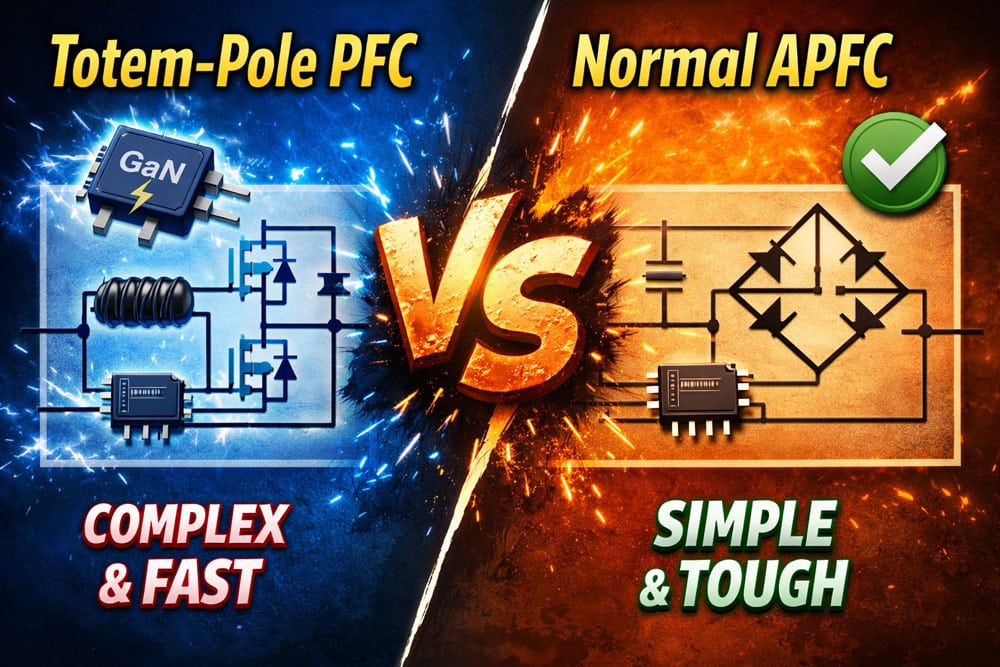Epilogue
The Sharkoon Rebel P20 850W achieves a high enough overall performance. Still, its price is high compared to similar spec units, including the MSI MPG A850G PCIE5 and the Corsair RM850e GEN5, which are notably less expensive in the EU market, where currently the Rebel P20 units are only available. I don’t know if and when Sharkoon plans to make them available in other markets, but a price adjustment is required to make them more competitive. Given that the
The P20 850W is ATX v3.1 compliant and Cybenetics Gold rated in efficiency at both voltage inputs. It also has a Cybenetics A noise rating, so its noise output is low. At up to 720W loads, the PSU operates quietly, keeping its noise output below 20 dBA, and with a lower than 65W combined load on the minor rails, noise is below 6 dBA at up to 720W at 12V. Despite its compact dimensions, the fan speed profile is not aggressive, and the large enough heat sinks that Andyson, the maker of this PSU, used help to control the thermal loads.
The load regulation is within 1% on all major rails, but still, it is not that competitive, while ripple suppression is good. The 12V rail’s transient response at high loads (ATX v3.1 test scenarios) is decent, but the 3.3V rail needs boosting in this area. The average efficiency is lower than the P20 1000, achieving Cybenetics Gold, while the latter meets the Cybenetics Platinum criteria. A note about efficiency in product lines: seeing all PSUs in an entire line trying to have the same efficiency certifications is so tiresome. According to the Wattage, it is natural to see differences in efficiency, so why always try to offer precisely the same efficiency levels in all products of a line? Sharkoon handled that perfectly, stating that the P20 models fall into two Cybenetics efficiency categories, either Gold or Platinum, and this is the best way to handle it instead of trying to have them all in the same category. I have seen other brands even downgrading the Cybenetics efficiency ratings to have the same efficiency level across all line members!
Continuing with the P20 850W, its 2% load efficiency exceeds 70%, meeting the ATX spec’s relevant recommendation, so all is good here. On the contrary, the APFC converter needs tuning for higher PF readings. Moreover, the power consumption on standby at 230V should be below 0.1W.
Overall, the Rebel P20 850W needs a lower price to be more competitive against other units from known brands in the EU market. Some of you might frown upon the 2-year warranty that Sharkoon offers. Still, I won’t fall into this trap anymore since I am tired of this marketing trick with the extended warranty periods, which we cannot verify if they are legit or not, meaning if the brands will honor the warranty terms after 5-10 years or will find ways to turn them down. It is preferable to have realistic warranty periods than marketing-oriented ones.
Before investing in a new power supply, read my Best ATX v3.x PSUs article to check all alternative PSU offerings. You help me a lot by using my affiliate links, which don’t increase the product’s price. I get a commission from Amazon every time you do it, which can make a difference for me, especially now that I am on my own, working exclusively for my media and not for someone else.
- Delivered full power at 47°C
- ATX v3.1 and PCIe 5.1 ready
- Decent overall performance
- Good enough transient response at 12V (ATX v3.1 test scenarios)
- Within 1% regulation on all major rails
- Good ripple suppression
- Long hold-up time
- Quiet operation at up to 720W loads
- Efficient 5VSB rail
- Higher than 70% efficiency with a 2% load
- Alternative Low Power Mode (ALPM) compatible
- Good build quality
- FDB fan
- Fully modular
- Enough cables and connectors, including a high-power one (12+4 pin, 600W)
- Long enough distance (150mm) between the peripheral connectors
- Compact dimensions
- Relatively high price
- Protection features need tuning
- Low average efficiency at normal loads
- APFC converter needs tuning for higher PF readings
- Mediocre transient load response (normal loads)
- Increased vampire power at 230V
- Only a single 4-pin Molex (adapter) is provided




OEM not is andyson,It should dongguan UNEEC (cheng ming) Technology